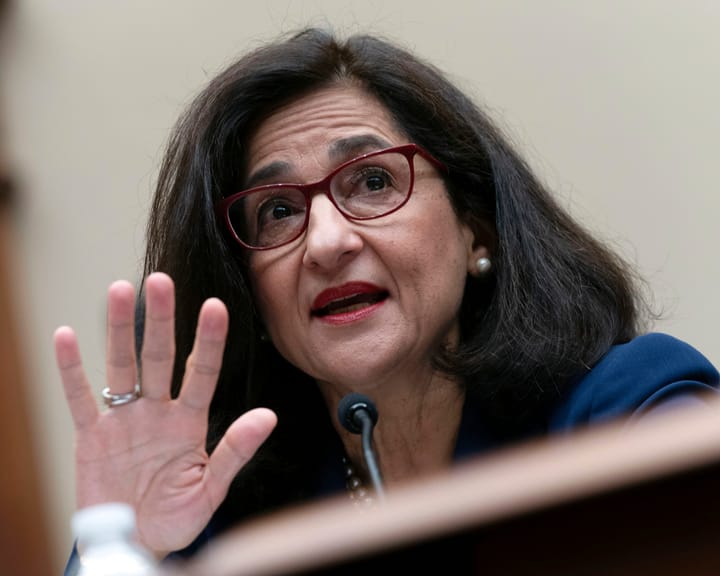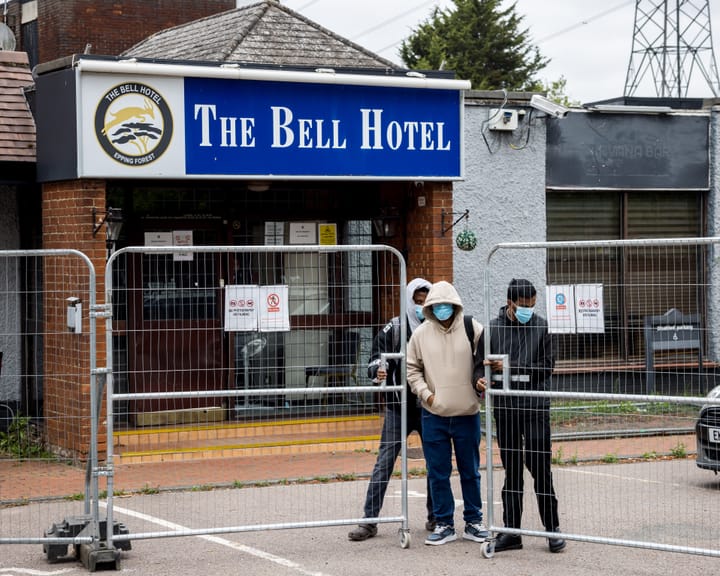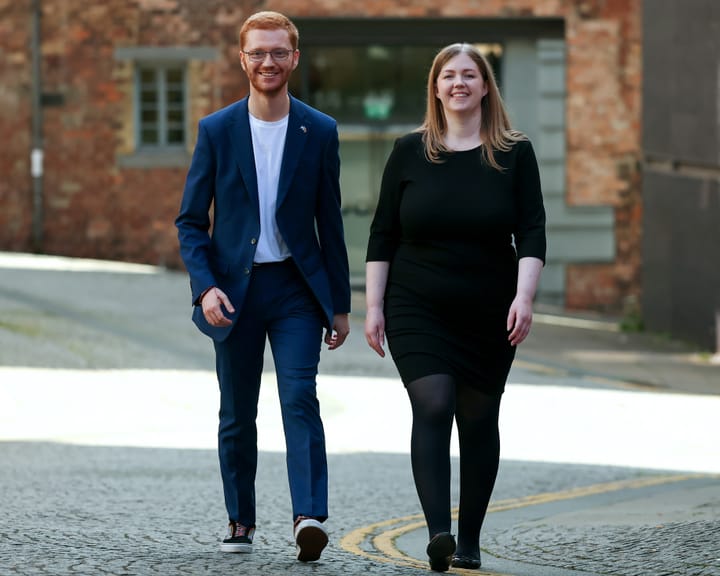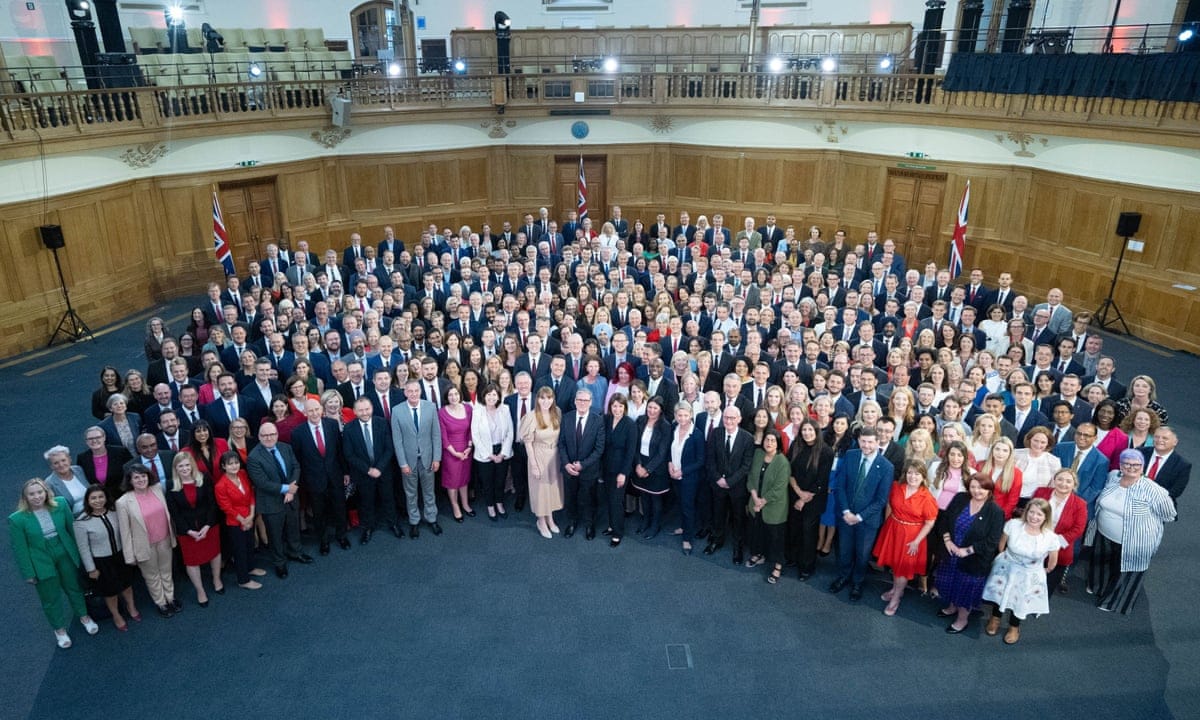This week, a historical influx of new members will be joining the House of Commons, marking an unprecedented entry with 335 individuals being introduced to parliament – surpassing the previous record set in 1945 and outnumbering even those who sought re-election after prior service.
In addition to these fresh faces, a total of 15 members will be returning to Parliament after an absence. The combined newcomers stand at 350 as recorded by the Commons library, dating back to records from 1922. This number significantly contrasts with the comparatively lower intake of 257 during the 1997 election.
The process leading up to the induction will see the appointment and subsequent oath-taking of a new Speaker by Tuesday, who is anticipated to be re-elected due to previous support from Labour's Lindsay Hoyle. Subsequently, MPs will begin their oath in accordance with seniority order, commencing with cabinet members before progressing through various levels within the parliamentary structure until Thursday concludes these proceedings.
Prior to induction, all incoming Members of Parliament were offered informative sessions on security protocols and operational procedures for office management, attended in large numbers by Labour's new MPs. The inaugural meeting of the newly formed Labour Party was addressed by Leader Keir Starmer who emphasized trust placed upon them while acknowledging their responsibility to fulfill this mandate.
Parliament is scheduled to formally commence on July 17th, with an initial address from the king laying out forthcoming government policies and legislative propositions for that session's agenda.
Amidst anticipation of a diverse parliamentary body, statistics reveal notable increases in representation across various demographics, including female MPs who now constitute 40.5% of seats in the Commons. This milestone also saw women occupying over half of all historical cabinet positions for the first time ever according to recent analysis by Fawcett Society and British Future thinktanks.
Within this new parliament, a record number of minority ethnic MPs have been elected, marking an increase from previous elections – another testament to its inclusive nature as observed through data provided by British Future.
Read next

"Starmer appoints ex-Bank deputy governor as top economic advisor"
Minouche Shafik to Become Keir Starmer’s Chief Economic Adviser
Former Bank of England deputy governor Minouche Shafik is expected to join Keir Starmer’s team as his chief economic adviser.
Her appointment comes as the prime minister’s office prepares for the autumn budget, following Shafik’s recent leadership

"Home Office wins appeal allowing asylum seekers to stay at Epping hotel"
The appeals court has determined that the injunction issued by the high court should not have been approved.
Those involved acknowledge they have become part of a broader discussion about how asylum seekers are managed and urge the public to recognize that the Bell hotel was only fulfilling a government-mandated

"Scottish Greens' new leaders push for universal income and free bus fares"
Scottish Greens' new leaders, Ross Greer and Gillian Mackay, have pledged to advocate for a universal income, free bus travel, and increased taxes on high earners following a subdued leadership race.
Greer and Mackay, previously backbench MSPs at Holyrood, were elected co-conveners of the Scottish Greens with a notably

